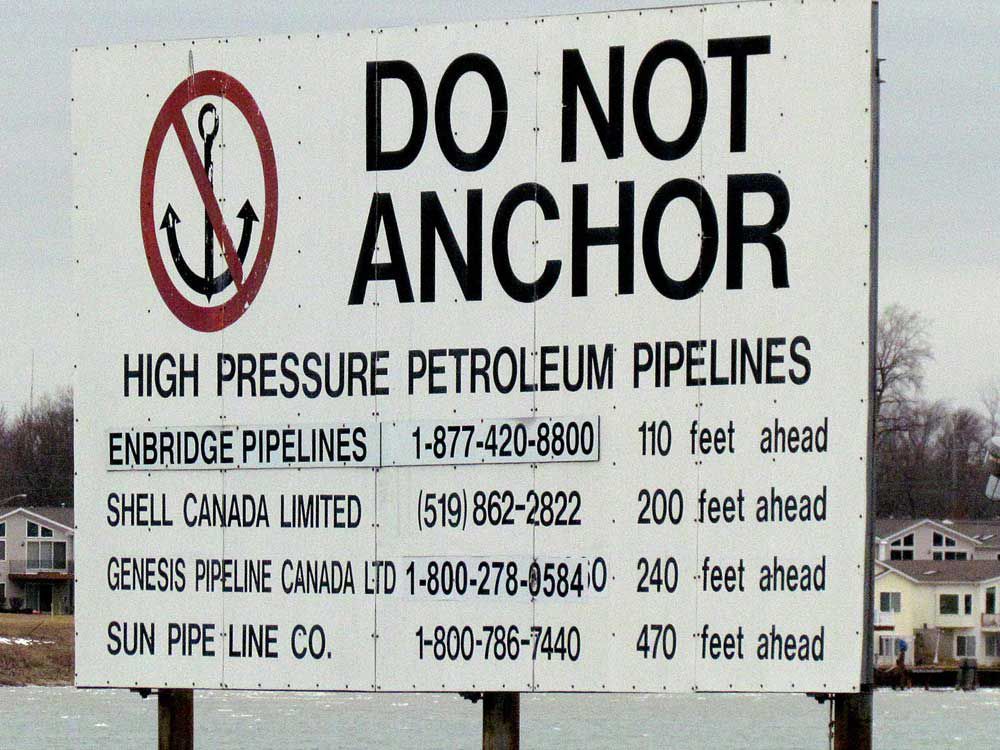Chinook Arch
Active Member
I hate to be the devil's advocate, but the Infosys announcement may not be the great news it appears to be. It can potentially be good news, but it's not going to create innovation or necessarily help create a tech hub. They are a solutions provider, much like a company such as Longview Systems, only way larger. There's a possibility the move will create 500 jobs at Infosys, but it probably means taking away jobs from other solution providers or take away IT jobs from various local companies. There are only so many IT solutions/support jobs around Calgary and Alberta, so we could simply be seeing jobs move from one company to another. In that scenario, Calgary will still benefit to some degree as the overall number of IT support\solutions jobs will increase, due to some overlap, but it might not be an overall gain of 500 new jobs, but rather more a case of how a headline was worded.
The way Calgary really benefits from this move is if they use the Calgary hub to support other cities across other regions, and this may very well be the case. Currently they have offices in Vancouver, Calgary and Toronto, and they plan to increase headcount in all of those offices, but they haven't mentioned opening new offices in other cities, so that bodes well for Calgary as Calgary could potentially be the hub for say, the prairie provinces.
Still, this is a large multinational company with hundreds of offices around the world, and Calgary is just one of them. It's good for Calgary, but it's not necessarily going to be a huge local benefit the headline makes it out to be.
The way Calgary really benefits from this move is if they use the Calgary hub to support other cities across other regions, and this may very well be the case. Currently they have offices in Vancouver, Calgary and Toronto, and they plan to increase headcount in all of those offices, but they haven't mentioned opening new offices in other cities, so that bodes well for Calgary as Calgary could potentially be the hub for say, the prairie provinces.
Still, this is a large multinational company with hundreds of offices around the world, and Calgary is just one of them. It's good for Calgary, but it's not necessarily going to be a huge local benefit the headline makes it out to be.






